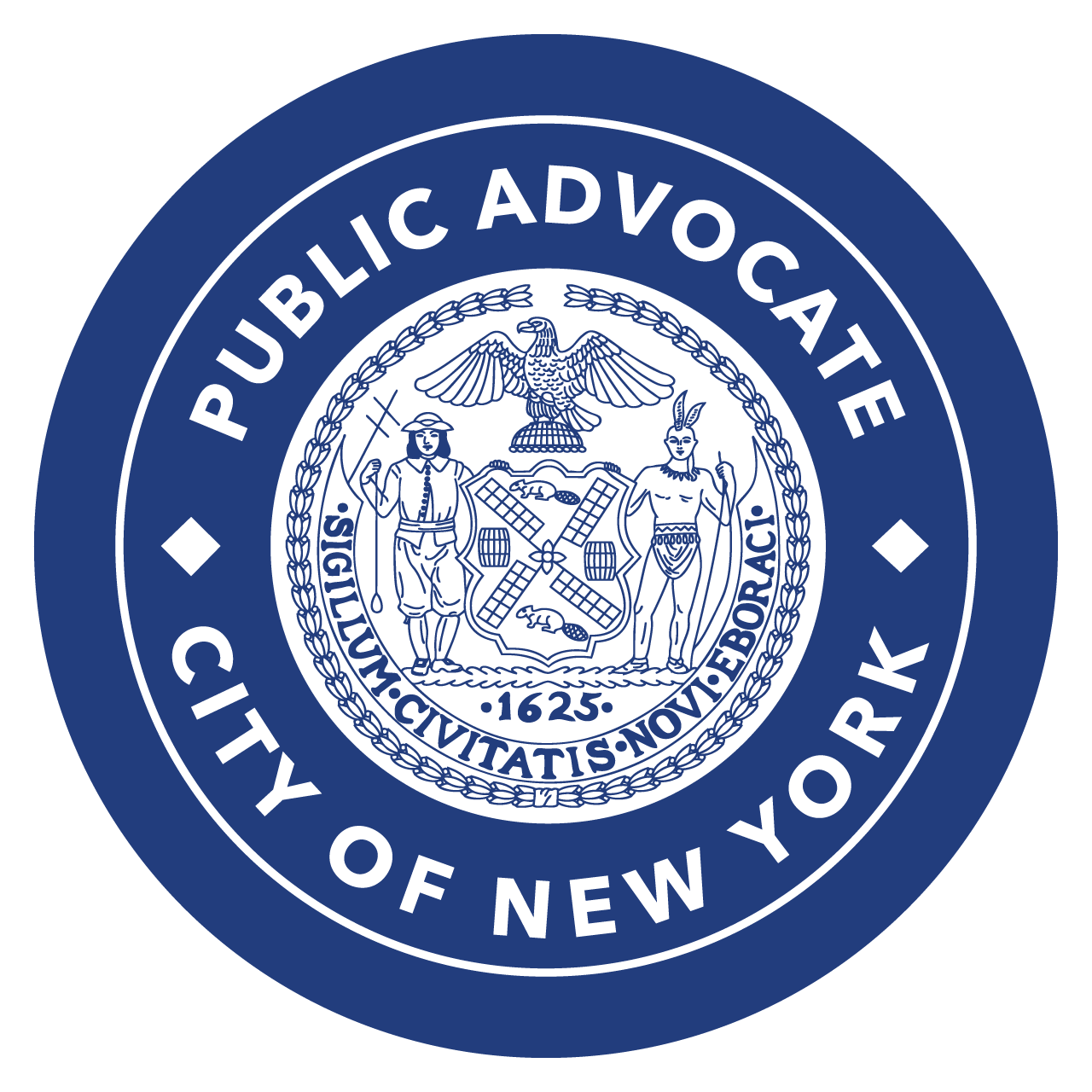First Deputy Public Advocate Nick E. Smith called for a true end to solitary confinement, rather than the proposed measures that would end the practice "in name only," at a hearing of the New York City Board of Correction on Wednesday night.
"Ending solitary confinement means more than re-arranging the deck chairs," he argued. "It means protecting the health and safety of those who are incarcerated, providing real opportunities for those who violate protocols to grow and improve, and abolishing punishment for punishment’s sake. Our Office looks forward to reviewing a revised version of these Rules that live up to these moral imperatives."
Read the full statement from First Public Advocate for today's hearing below.
TESTIMONY OF FIRST DEPUTY PUBLIC ADVOCATE NICK E. SMITH TO THE BOARD OF CORRECTION ON SOLITARY CONFINEMENT, APRIL 14, 2021
Good evening, my name is Nick E. Smith and I serve as the First Deputy Public Advocate in the Office of New York City Public Advocate Jumaane D. Williams. Thank you to the Board of Correction (BOC) for giving me the opportunity to testify.
In 2019, our Office was proud to join survivors, advocates, and other elected officials in opposing proposed BOC Rules that would have further codified the torturous practice of solitary confinement into DOC procedures. Thankfully, these Rules did not pass and in June of last year, Mayor de Blasio made an overdue, but welcome commitment to end solitary confinement in New York City. I am profoundly disappointed that the Rules in front of us today betray this commitment and fail to provide justice for Layleen Polanco, Kalief Browder, and countless other victims of solitary. These Rules must be significantly revised in order to be considered a legitimate end to solitary confinement.
First, the conditions of those assigned to the Risk Management Accountability System (RMAS) must be dramatically improved. As proposed, Level 1 RMAS units would be cramped and dark cages in the North Infirmary Command, which is notorious for brutal conditions. So-called "out of cell time" would be in a cage shared with only one other person; lack any real opportunities for meaningful programming, recreation, or normal interactions; and be limited to only ten hours a day, four lower than the BOC minimum standards. The conditions in Level 2 and Level 3 units are only marginally better. This directly contradicts these reforms' aims of reducing negative physical and mental impacts and affirming basic human rights. Changes must be made to improve living facilities, guarantee fourteen hours of true out of cell time, and ensure substantial human interaction including group programming.
Next, there need to be strict caps on the amount of time one is permitted to spend in RMAS. As written, the Rules would allow for a person to be held in RMAS indefinitely. Revisions must be made to guarantee that people will move through RMAS at the "presumed" benchmarks in the Rules-30, 45, or 60 days in Level 1; 15 days in Level 2; and 15 days in Level 3. If the previously referenced needed improvements to conditions are not made, the cap on RMAS Level 1 should be reduced to 15 days.
Third, it must be ensured that members of particularly vulnerable groups and those who are not guilty of violations are not placed in RMAS. A robust due process system that includes the right to legal representation during disciplinary hearings that could result in an RMAS assignment must be implemented. The BOC should mimic provisions in the Massachusetts Code of Regulations that establish this right to those in custody. Additionally, the categories of people exempted from RMAS eligibility must be expanded. While the proposed Rules exempts pregnant people and people with serious mental illness due to their increased risk of experiencing the severe negative health impacts associated with prolonged isolation, no other protections exist. Thus, Layleen Polanco, who had epilepsy, and Kalief Browder, who was a teenager during his incarceration, would not be exempt from these units. Exemptions must extend to those under 25, those over 55, those with physical or mental health conditions, and those with disabilities.
I will close by saying that too much is at stake here for reforms that are "in name only."
Ending solitary confinement means more than re-arranging the deck chairs. It means protecting the health and safety of those who are incarcerated, providing real opportunities for those who violate protocols to grow and improve, and abolishing punishment for punishment's sake. Our Office looks forward to reviewing a revised version of these Rules that live up to these moral imperatives.
